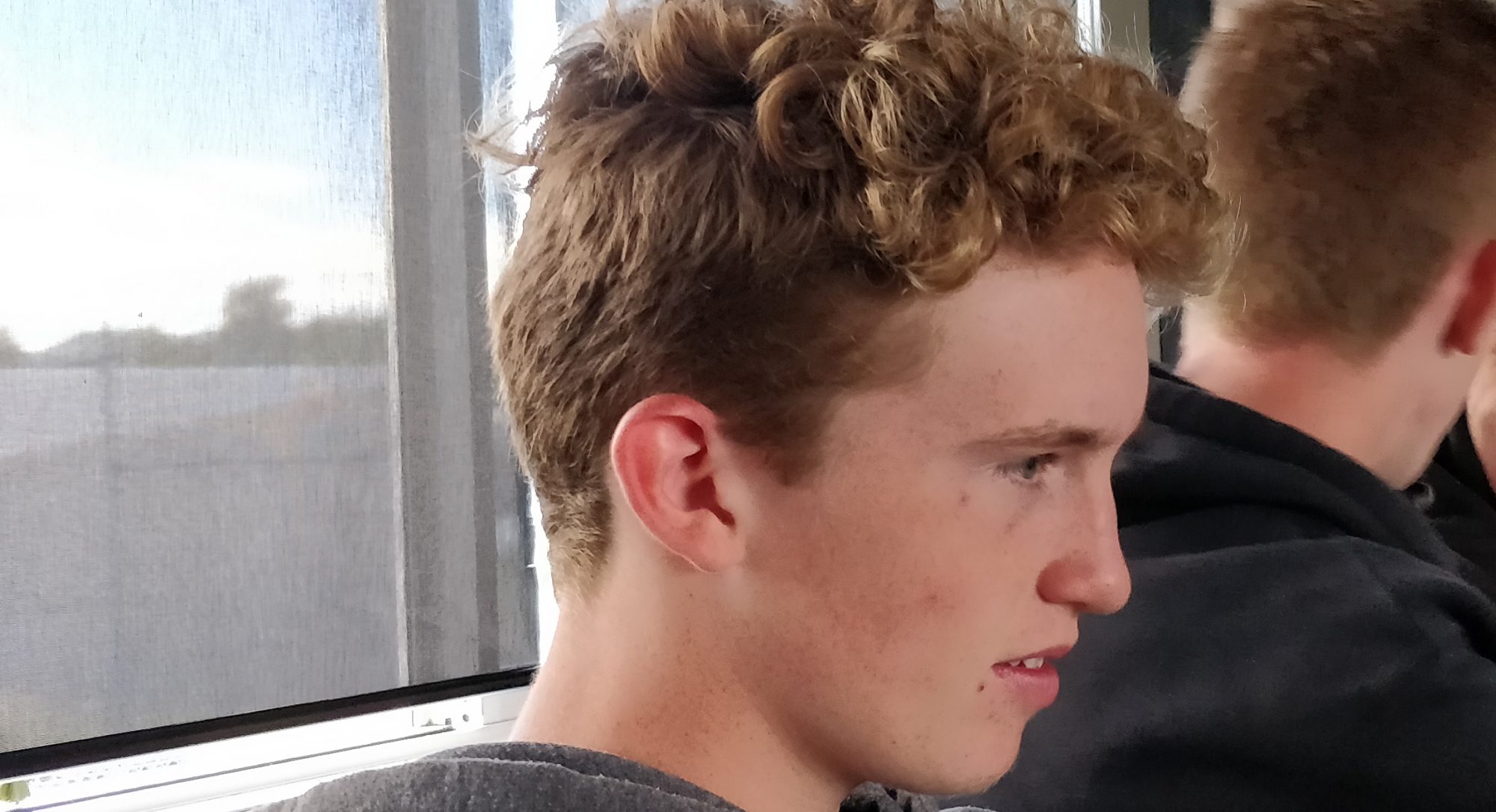Picture this: warm sunny skies, green dry grass, smooth glassy water. Oh wait it’s winter and it sucks. Every day is, without fail, wet, overcast, dark, dreary. It’s so cold you have to wrap up in layer upon layer of clothing to stay warm, only to realise that an icy wind has picked up and cuts straight through. And with the cold winds come dreaded winter sickness. Aren’t sore throats just so annoying, not only for eating and talking, but just drinking plain old water physically hurts to swallow. You know that something’s bad for you when it makes water painful. The sore throat evolves to a cough and your own personal pain starts to affect those surrounding you. There’s nothing worse than sitting next to someone in class who’s got a bad cough, but they don’t have enough spacial awareness to cough into elbow. So what they’re actually doing is releasing viruses into the air for everyone else to inhale. Awesome. Winter is the only season which people get sick, have you ever heard of anyone getting the flu in summer?
Another thing that sucks about winter is the frosts. Frosts only come on that one day a week that’s maybe semi-warm, there’s no inversion layer and the sun’s kind of poking through. You look outside and think, oh finally a warmish day, then you notice the thick layer of ice on your car. The frustration of the car door being frozen shut is more than enough reason for winter not to exist. But despite the struggle, more people are actually using their cars in winter, to escape the conditions. Since there are more cars on the road, exhaust emissions go through the roof. This could be having a serious effect on greenhouse gases in the atmosphere. Winter may be contributing to global warming, how ironic. Not only are there more cars on the road in winter, but the road conditions are actually far more dangerous. Black ice is one of the major causes of car crashes in winter, as it is so hard to tell if the road is actually icy. Last year bad road conditions caused 34 crashes in one day across New Zealand. I can’t say that I’ve ever seen ice in summer.
One of the only arguments people have for liking winter is that they enjoy skiing. What if I could tell you that you can ski during summer, on water. Oh but it’s not the same as on snow, well your right they aren’t the same. Do you have to worry about half hour queues when water skiing? How about cold days, whiteouts and the danger of crashing into other people? Also water skiing is more of a social event than snow skiing, having the day down at the lakefront with your family or friends. As a matter of fact, there is nothing to do in winter; absolutely nothing except skiing. No swimming, outdoor activities, no hanging out with friends, even sun goes down earlier, so if you found anything to do it would be cut short. With less sunlight in a day also comes the possibility of mental illness. Less sunlight means a higher concentration of melatonin, a hormone which controls how sleepy you are. This hormone peaks at night time to help you sleep better, but if it is released during the day it make you tired and mopey and in extreme conditions lead to depression.
In conclusion winter is by far and without a doubt the worst season. It is full of danger, cold weather and sickness and is even contributing to global warming. Is it really worth it, for only skiing?
